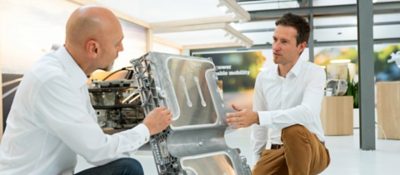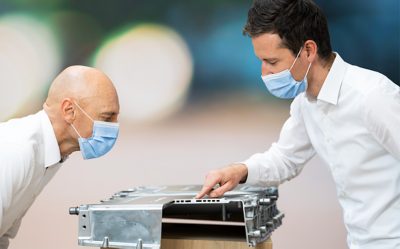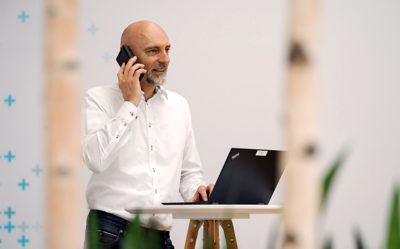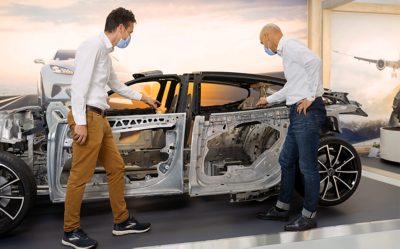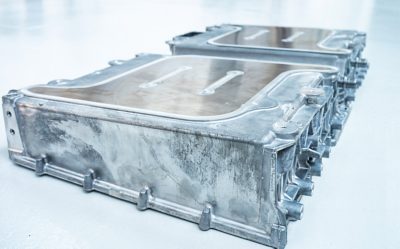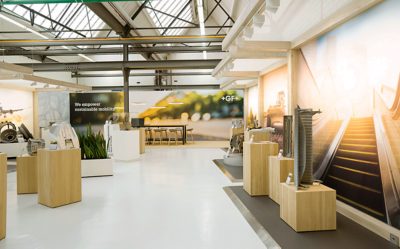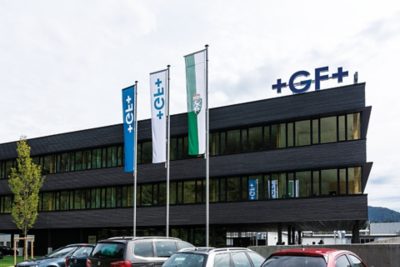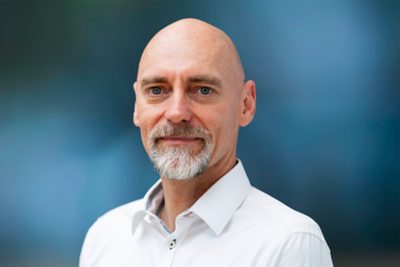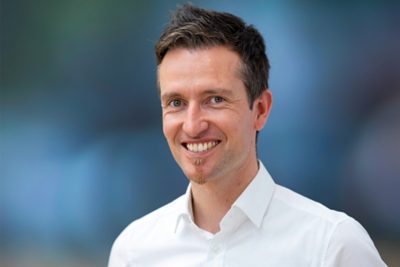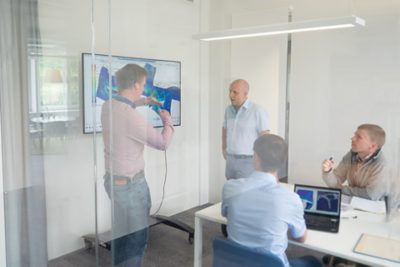Forgoing heat treatment saves energy
What was particularly challenging when developing this battery housing?
Christian Graf: Many complex processes came together during the development stage – from component development, design and optimization, prototype production, and process development for casting and assembly, to various tests. Added to this was the ongoing coordination with the customer. It was an intensive team effort within R&D as well as with colleagues from Key Account Management and production.
What sets GF Casting Solutions apart in such a situation?
Christophe Buch: GF has the necessary production experience in lightweight construction for large-scale parts such as cross-car beams, rear side members, and battery housings. In addition, we were able to not only offer Renault the cast design for the battery housing, but also successfully integrated features such as cooling circuits and connection points for surrounding body and structure components into the casting.
What differentiates GF Casting Solutions’ castings in terms of innovation and sustainability?
Christian Graf: We always work together with the customer to find a solution and gradually approach the goal. In the process, we simulate the stress on the component in relation to their application and casting processes to offer the ideal casting solution. The production of the battery housing can dispense with heat treatment due to the component design and the properties of the aluminum alloy, which saves energy. The castings are also fully recyclable. In addition, the Altenmarkt production site has been operating with electricity from predominantly renewable energy sources since 2020.
